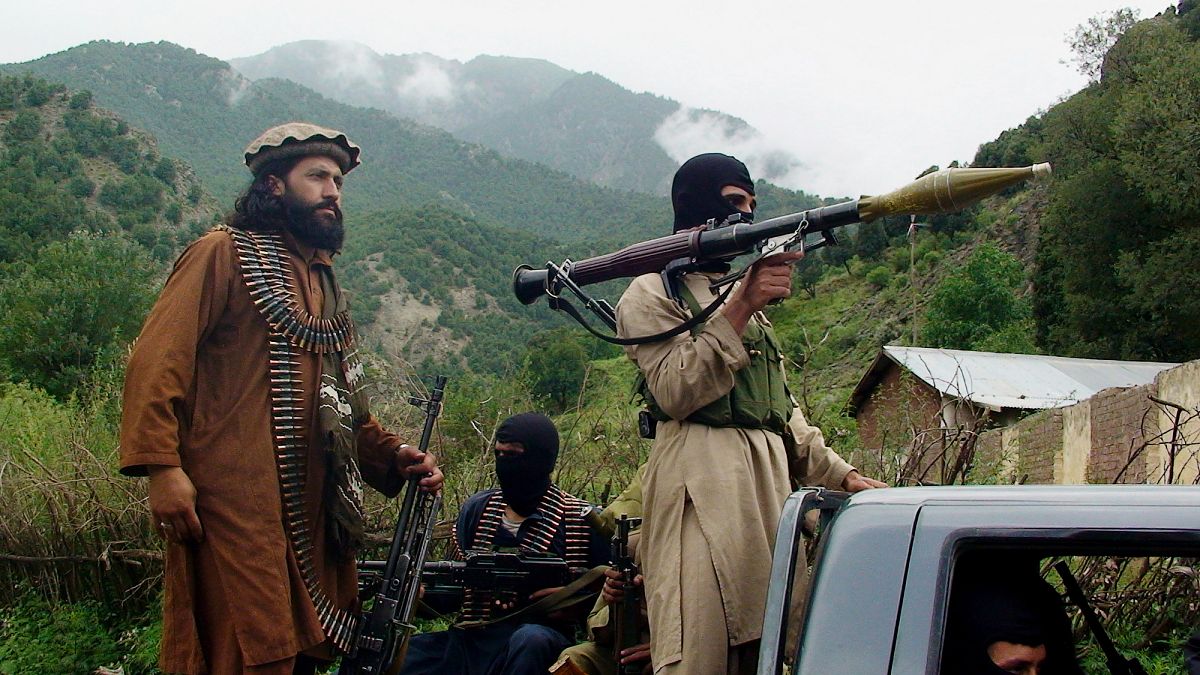

The latest reports reveal a series of distressing events unfolding in two regions, each highlighting the ongoing challenges faced by communities amidst conflict. A recent tragic incident in Gaza, along with a violent episode in Pakistan, brings to light the complexities of ongoing unrest and its impact on civilian populations. These events remind us of the urgent need for peaceful resolutions and dialogue.
In the heart of Gaza City, a peaceful afternoon transformed into devastation when an Israeli military strike targeted a bustling café on the city’s vibrant seafront. The aftermath of this event has left at least 24 people, including women, children, and the elderly, dead. Witnesses describe the scene as a rapid shift from calm to chaos, underscoring the vulnerability and risk that civilians continue to face in conflict zones. The use of a 500-pound bomb in such a densely populated area has raised serious concerns among experts in international law, who suggest that this could potentially constitute a war crime.
Concurrently in Pakistan, a separate act of violence similarly wrought catastrophe and loss. In a region known as a former stronghold of the Pakistan Taliban, at least five individuals lost their lives due to a roadside bombing. This event reflects the persistent volatility in regions where militant groups remain active, and the challenges that security forces and civilians continue to confront in their daily lives. The threat posed by such groups remains significant, as they frequently target both security personnel and civilians in ongoing campaigns of violence.
These incidents occur amidst broader geopolitical tensions. The fragile truce between Israel and Iran, two key players in the Middle Eastern theater, highlights the intricate web of distrust and unresolved issues. The recent 12-day conflict further complicated the situation, particularly around the nuclear discussions central to maintaining regional stability. With Iran expressing wariness towards efforts by the United States and United Nations to mediate, the durability of this truce remains uncertain.
Together, the events in Gaza and Pakistan highlight the fragility of peace in conflict zones and the profound impact of violence on affected communities. They underscore the importance of dialogue and negotiated settlements in preventing further escalation and fostering an environment where peace can gradually take root. In the midst of this turmoil, the international community’s role in supporting diplomatic efforts and humanitarian assistance remains vital. By advocating for non-violent resolutions, it is possible to envisage a future where communities affected by conflict can experience lasting peace and stability.
In these trying times, collective focus on empathy, understanding, and cooperation will be instrumental in addressing the root causes of these conflicts and building pathways to a more peaceful future. Through concerted, mindful efforts, and sustained engagement, there is hope for mitigating further violence and promoting healing and reconciliation in these regions.
Source: {link}
